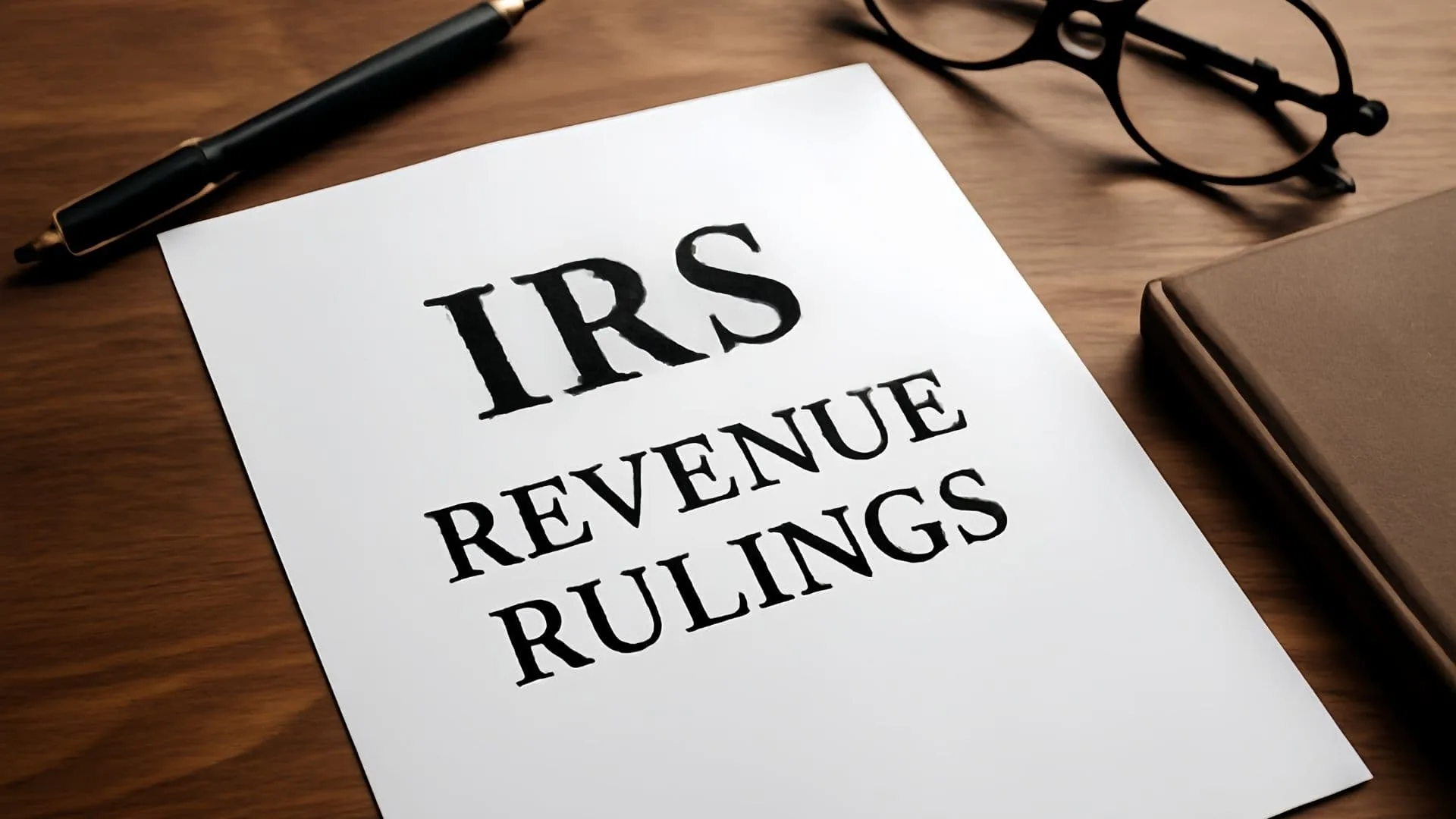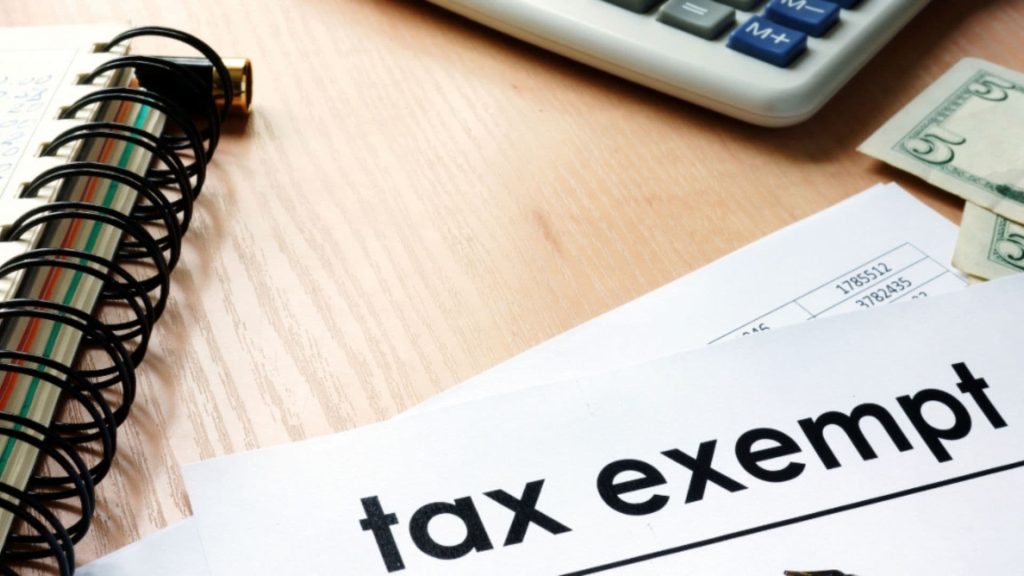
Revenue Ruling 64-182, issued by the IRS, is an important piece of guidance for charitable organizations that generate income from activities other than traditional charitable endeavors, such as renting commercial space. Specifically, this ruling addresses a situation where a corporation organized exclusively for charitable purposes derives its income primarily from the rental of space in a commercial office building. While this may seem at odds with the standard expectation that charitable organizations only engage in charitable activities, Revenue Ruling 64-182 sets a precedent by allowing such organizations to still qualify for tax-exempt status. This article dives deep into the key provisions of Revenue Ruling 64-182, explaining how it clarifies the application of the primary purpose test under section 501(c)(3) of the Internal Revenue Code and the path to securing tax exemption for charitable organizations.
What is Revenue Ruling 64-182?
Revenue Ruling 64-182 pertains to a scenario where a corporation operates exclusively for charitable purposes, yet earns a substantial portion of its income through commercial activities, such as renting out office space. According to this ruling, an organization can still be considered tax-exempt under section 501(c)(3) of the Internal Revenue Code if it demonstrates that its activities align with its charitable goals, despite the income-generating activity. The key point here is that the organization must show that its charitable endeavors—such as providing grants and making contributions to other charitable organizations—are substantial enough to fulfill its primary purpose.
The Primary Purpose Test
One of the most important aspects of Revenue Ruling 64-182 is the “primary purpose test.” According to section 1.501(c)(3)-1(e)(1) of the Income Tax Regulations, a corporation must operate primarily for charitable purposes to qualify for tax-exempt status. In the case outlined in this ruling, the corporation is seen as meeting this test because its income, while generated from commercial activities, is primarily used to support charitable contributions and grants. This ruling highlights the IRS’s approach to determining whether a nonprofit’s activities are sufficiently charitable to warrant exemption from federal income tax.

The Process of Applying for Tax-Exempt Status
To officially claim tax-exempt status, an organization must submit an application to the IRS. This is done by filing Form 1023, the Exemption Application, with the District Director of Internal Revenue for the district in which the organization’s principal office is located. It’s important to note that simply falling under the scope of Revenue Ruling 64-182 does not automatically grant tax-exempt status. The organization must provide adequate documentation demonstrating that it operates exclusively for charitable purposes, including evidence of the charitable activities it supports through contributions and grants.
Important Considerations
Organizations relying on this revenue ruling to claim tax exemption should be aware of a few key considerations:
- Financial Resources: The organization must ensure that its charitable activities are commensurate with the resources it has available. This includes demonstrating that its grants and charitable contributions align with its financial capacity.
- Ongoing Compliance: Organizations must continuously operate in a manner that upholds their charitable purposes. This means that if commercial activities generate substantial income, it should be evident that these funds are used exclusively for furthering the organization’s charitable goals.
- Documentation: The IRS requires thorough documentation of the organization’s activities, including financial records that show how income from commercial activities supports its charitable initiatives.
Conclusion
Revenue Ruling 64-182 provides clarity on the application of the primary purpose test for charitable organizations that derive income from non-charitable activities like renting commercial property. By recognizing that these organizations can still qualify for tax-exempt status as long as their charitable programs are substantial and aligned with their income, the IRS gives nonprofits a clear path toward maintaining their status. As always, organizations must adhere to all IRS guidelines, including filing the necessary forms and maintaining proper documentation.
FAQs:
1. What is Revenue Ruling 64-182 about?
Revenue Ruling 64-182 clarifies that a charitable organization can still qualify for tax-exempt status even if it generates income from commercial activities like renting office space, as long as its charitable endeavors are substantial.
2. How can an organization apply for tax-exempt status under 501(c)(3)?
To apply for tax-exempt status, an organization must file Form 1023 with the IRS and provide documentation demonstrating that its operations are exclusively for charitable purposes.